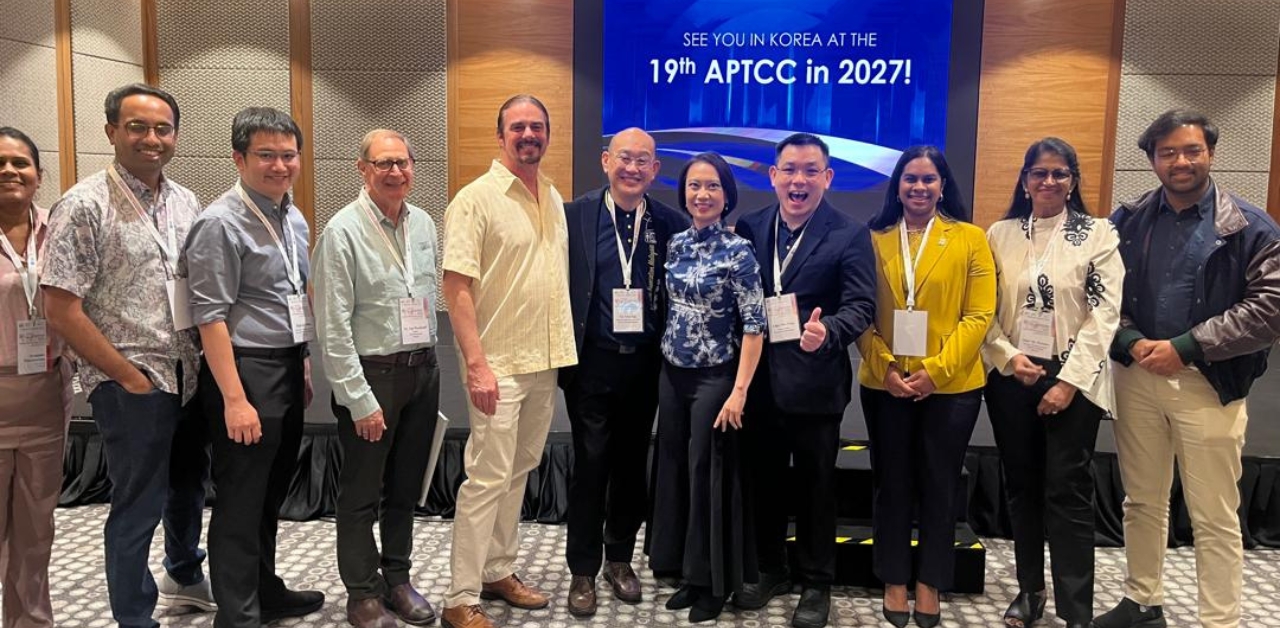The 18th Asia-Pacific Telephone Counselling Conference (APTCC), hosted by Lifeline Association Malaysia, convened from 5–7 September 2025 in Kuala Lumpur, Malaysia. The conference brought together over 300 global and regional leaders in digital crisis lines and psychosocial mental health support services. As one of the widely attended conferences of its kind in the region, APTCC 2025 marked a pivotal moment for suicide prevention and crisis support across the Asia-Pacific.
The conference was inaugurated by Her Royal Highness Che Puan Muda Zaheeda, with a compelling opening address by YB Hannah Yeoh, Malaysia’s Minister of Youth and Sport. Yeoh emphasized the urgent need for online therapy and digital crisis services to address rising mental health challenges and addictions among young Malaysians.
Malaysia’s recent decriminalisation of suicide in 2023 provided a meaningful backdrop for the conference. Delegates explored how crisis lines and online support services are helping reshape national suicide prevention strategies, improve help-seeking pathways, and enhance training for crisis intervention officers.
Under the theme “The Transformation of Helplines – Technology, Modalities & Ecosystem,” the conference examined how digital innovation is reshaping crisis support. Discussions focused on the ethical, cultural, and technological dimensions of evolving service modalities, including text-based support and AI-assisted interventions.
The OECD’s Health at a Glance: Asia/Pacific 2024 report underscored the urgency of this work, highlighting the growing burden of mental, neurological, and substance use disorders (MNSS) and rising youth suicide rates. Suicide is now the third leading cause of death among people aged 15–29 globally.
The conference created space for regional collaboration, with a strong focus on underserved communities and culturally responsive service models.
Key topics included:
- Cultural diversity in helpline support.
- Telepsychiatry and nuanced risk assessment.
- Managing suicidal expression on social media.
- Volunteer engagement and frequent caller management.
- Crisis support for digital-native generations
Notable speakers included Dr John Draper (USA), IASP President, Professor Jo Robinson (Australia), Professor Paul Yip (Hong Kong), Professor Kwanja Lee (South Korea), Dr Florence Sinniah (Malaysia), Dr Iris Chih-Tsai Chen (Taiwan), Elliot Taylor (Throughline – New Zealand), Thilini Perera and Dr Alan Woodward (LifeLine International), among others. Delegates from over a dozen countries shared insights, innovations, and country-level reports.
Dr Draper’s keynote traced the evolution of crisis helplines over 70 years, emphasizing their proven effectiveness in suicide prevention. Professor Robinson addressed youth suicidal ideation and safe engagement on social media, while Professor Yip explored the advancement of crisis text support and data-driven service improvement.
Workshops offered practical strategies for delivering culturally sensitive and digitally adaptive crisis support. LifeLine International’s Member Network presented regional reports and discussed a sustainability plan for Asia-Pacific, emphasizing shared responsibility among governments, communities, and donors.
Key Takeaways:
- Leveraging digital tools with ethical and cultural awareness.
- Building helpline services that adapt to diverse socio-cultural contexts.
- Implementing evidence-based standards and safety planning.
- Learning from public–private partnerships and regional models.
- Supporting volunteers and managing frequent caller scenarios.
APTCC 2025 reinforced the need for cross-border collaboration, technological adaptation, and culturally sensitive counselling models. Delegates left with actionable strategies to enhance helpline services, support volunteers, and engage youth—reimagining crisis support for a digital generation.




